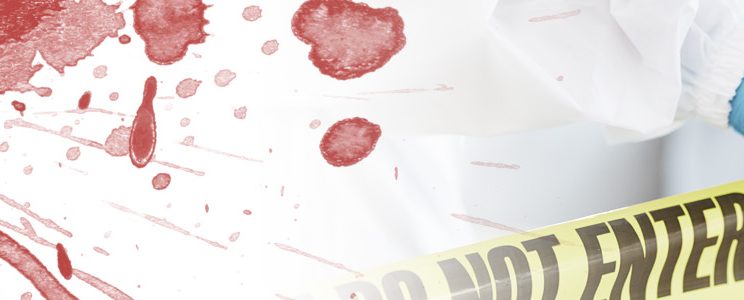This episode of Just Science is funded by the National Institute of Justice’s Forensic Technology Center of Excellence (Award #: 15PNIJ-21-GK-02192-MUMU).
View or download the episode transcript here:
Transcript
Episode Citation
McKay, J., & Fagert, M. (2022, August 5). Just Science. Just a Curious Case of Print Persistence. [Audio podcast episode]. The Forensic Technology Center of Excellence. https://forensiccoe.org/podcast-2022casestudies-part1-ep1/
Related Resource
- Fagert, Michael. "The Identification of an Untreated Latent Fingerprint on a Spent Casing: A Case Study." Journal of Forensic Identification. Vol. 71, Iss. 3 (Jul-Sep 2021): 175-185.
Guest Biography
Michael Fagert is a certified latent print examiner at the Kansas Bureau of Investigation (KBI). He has been employed with the KBI for a little over a year. Prior to that, he worked at the Kansas City Missouri Police Crime Lab for six and a half years in the latent print section. Michael has completed both a Bachelor of Science and a Master of Science in Forensic and Investigative Science at West Virginia University.
The opinions, findings, and conclusions or recommendations expressed in this podcast episode are those of the presenter(s) and do not necessarily reflect those of the U.S. Department of Justice.
Contact us at ForensicCOE@rti.org with any questions and subscribe to our newsletter for notifications.




